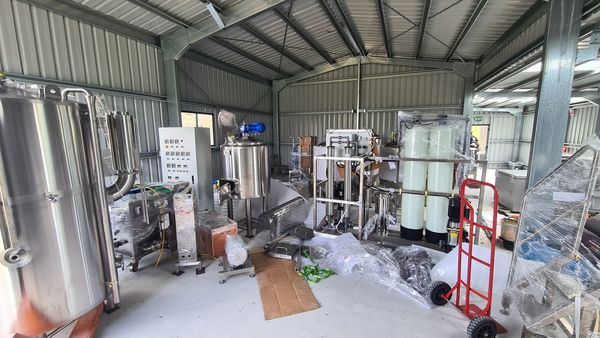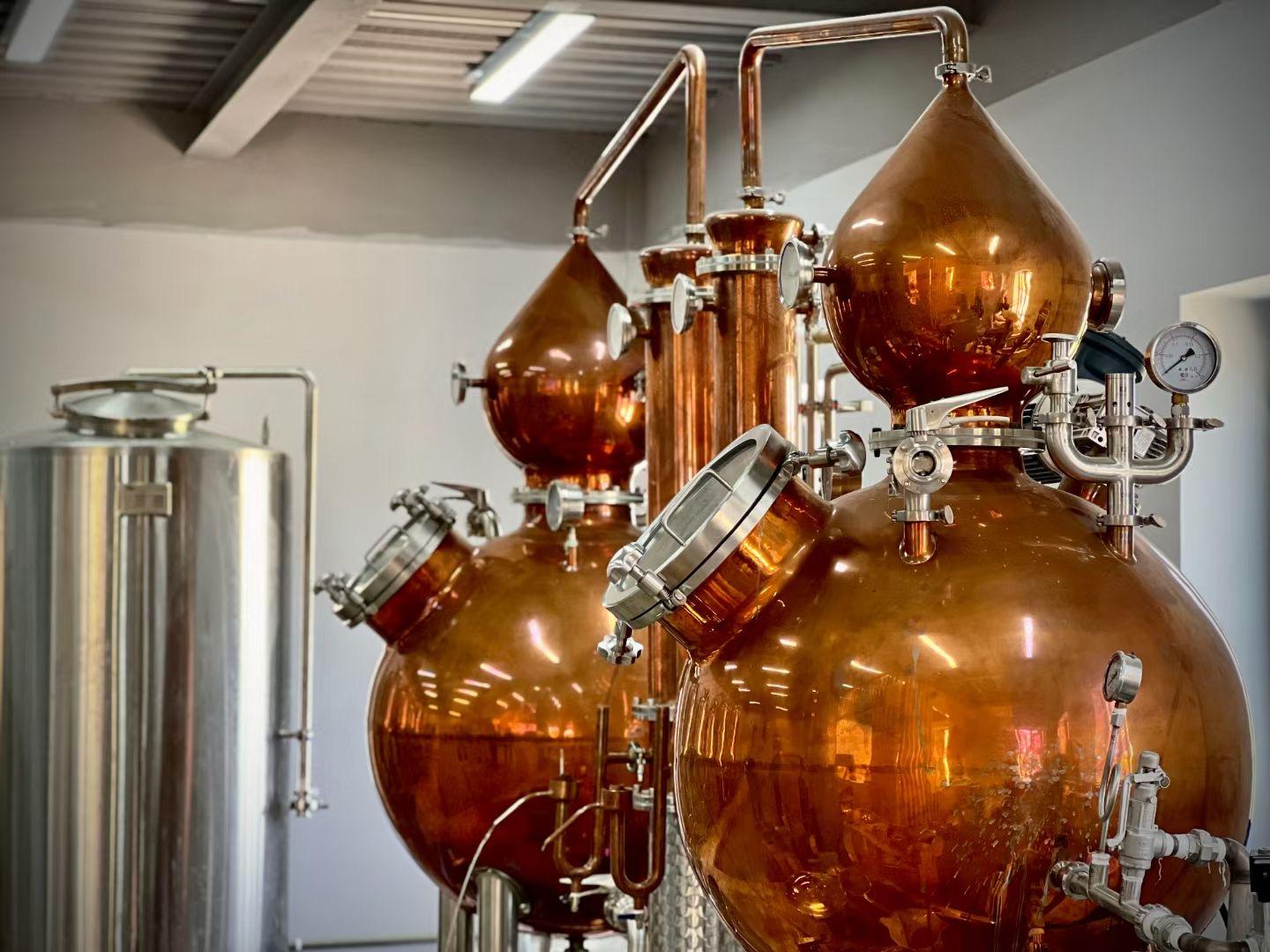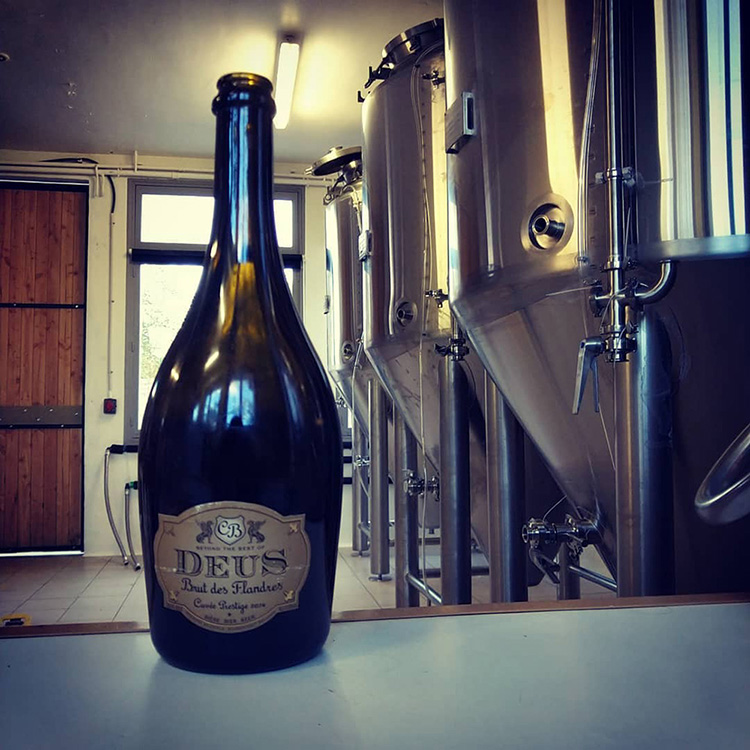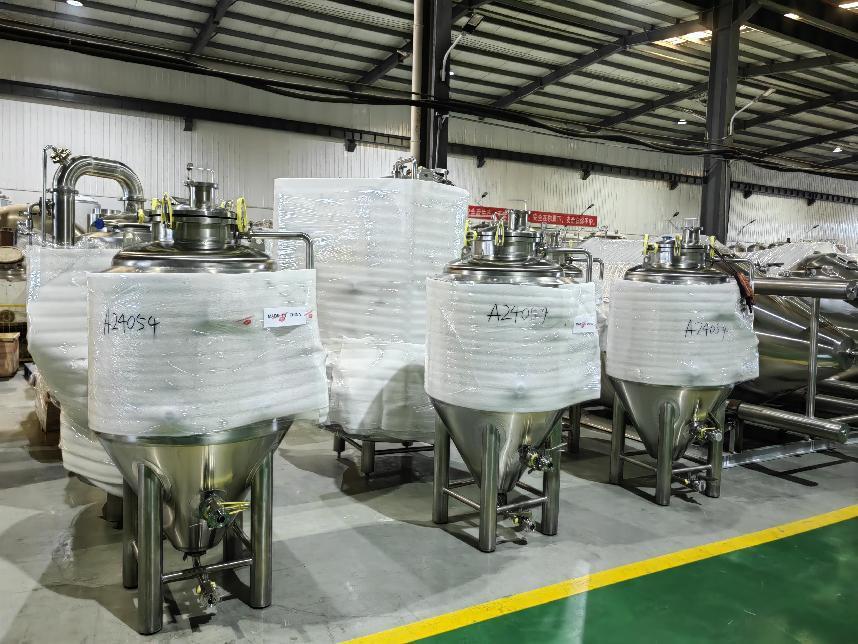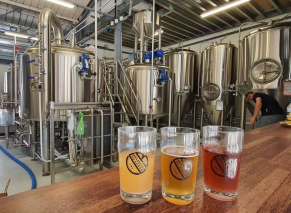Beer Raw Material Knowledge
Many people like to drink beer, many occasions need beer! That beer is the raw material you know? Beer raw materials, although some differences, in addition to malt, hops, water, beer yeast can also be used in addition to...
Read MoreClassification of Craft Beer
Classification of Craft Beer When it comes to beer, it is well known fact that there are more than enough varieties to go around. Whether it is the flavor, ageing or anything else, beer comes n a variety of different styl...
Read MoreWhy Are Most Brewery Equipment Made Of Stainless Steel?
Why Are Most Brewery Equipment Made Of Stainless Steel? The alcohol industry is one of the largest in the entire world. With annual revenue that runs into billions of dollars, it is by far one of the most important indust...
Read More10 TIPS FOR MAINTAINING BEER BREWING EQUIPMENT
Brewing equipment needs frequent maintenance, so that we can brew better beer. TianTai-GrainBrew, as a professional brewing equipment supplier, presents 10 tips for maintaining brewing equipment. 10 TIPS FOR MAINTAINING B...
Read MoreHow to control the temperature of mashing?
there are mainly two feed temperatures, lower temperatures 35-37 °C and a higher temperature of 50 °C....
Read MoreHow to check the quality of filtered wort?
The purpose of the wort filtration is to separate the solids from the mash to obtain a clear wort, so good quality mash is a prerequisite for the production of premium wort....
Read MoreImportant points of plate heat exchanger:
First stage: City water of around 20℃ can cool the wort from 98℃to 45~50℃. Second stage: the glycol water of around -3 ℃ can cool the wort to fermentation temperature like 7-20℃. The glycol water becomes about ...
Read MoreWhat temperature should you dry hopping?
After the yeast has cooled down, they let the beer temperature rise to the main fermentation temperature (16-20 °C), and then dry hopping. This is a more reasonable hop drying process. ...
Read More






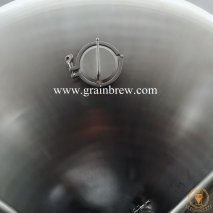
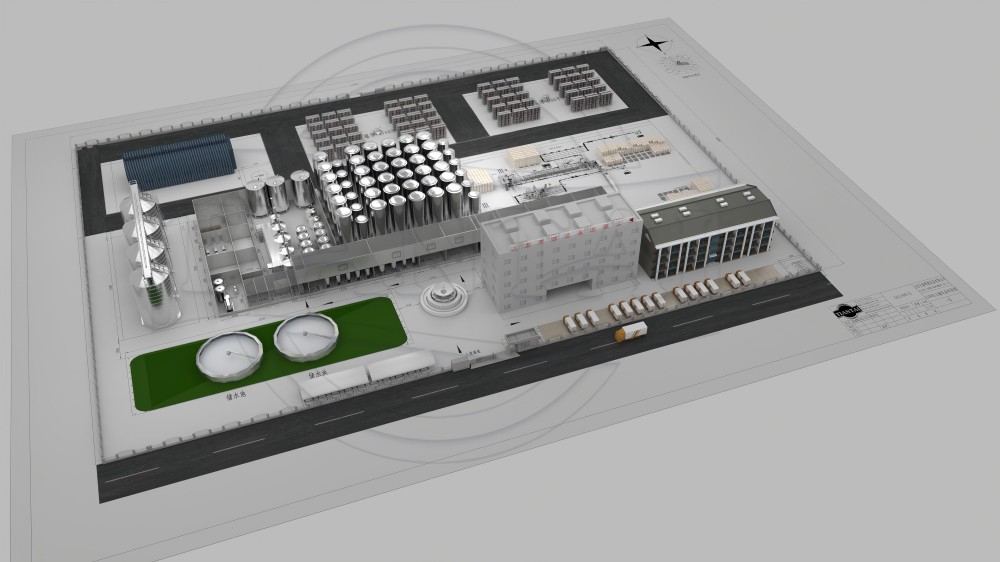
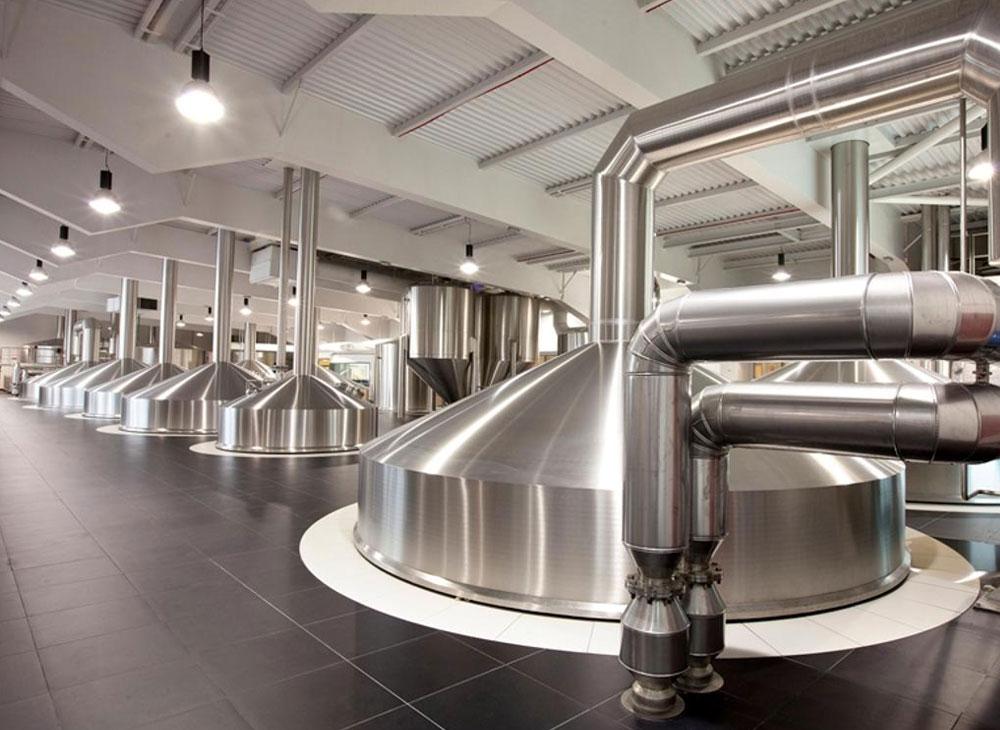
.jpg)
